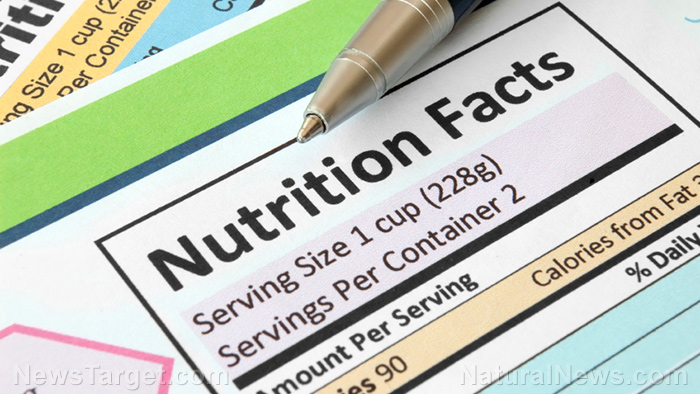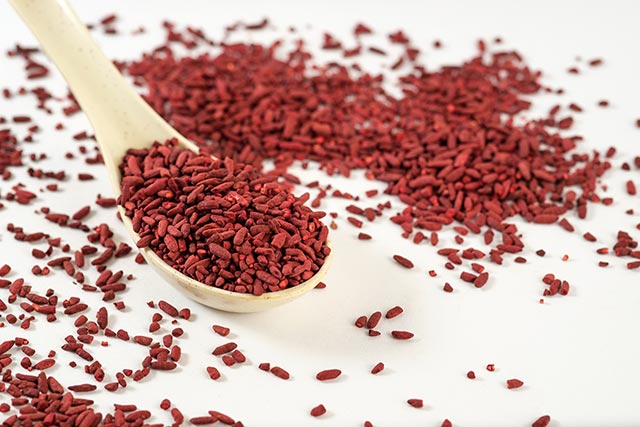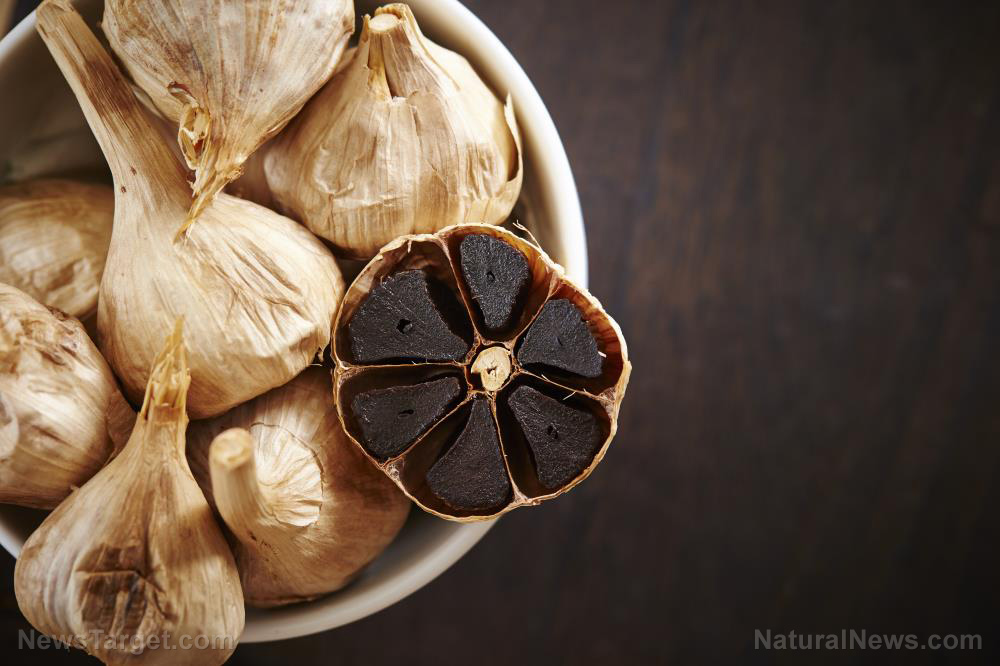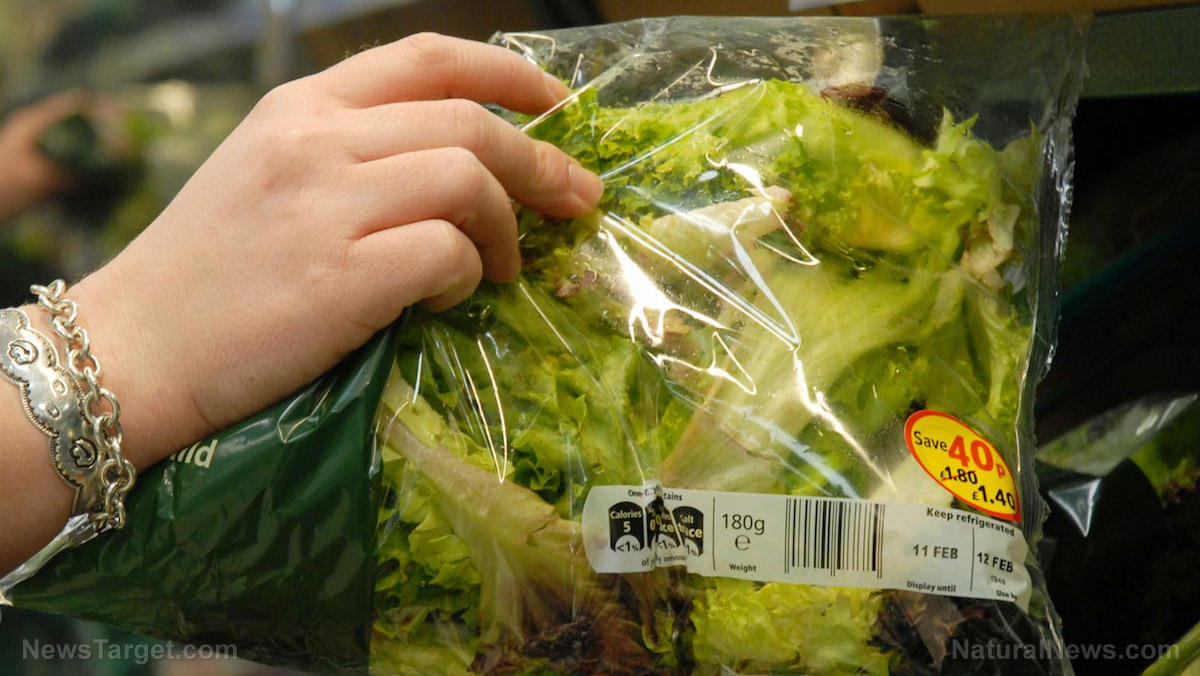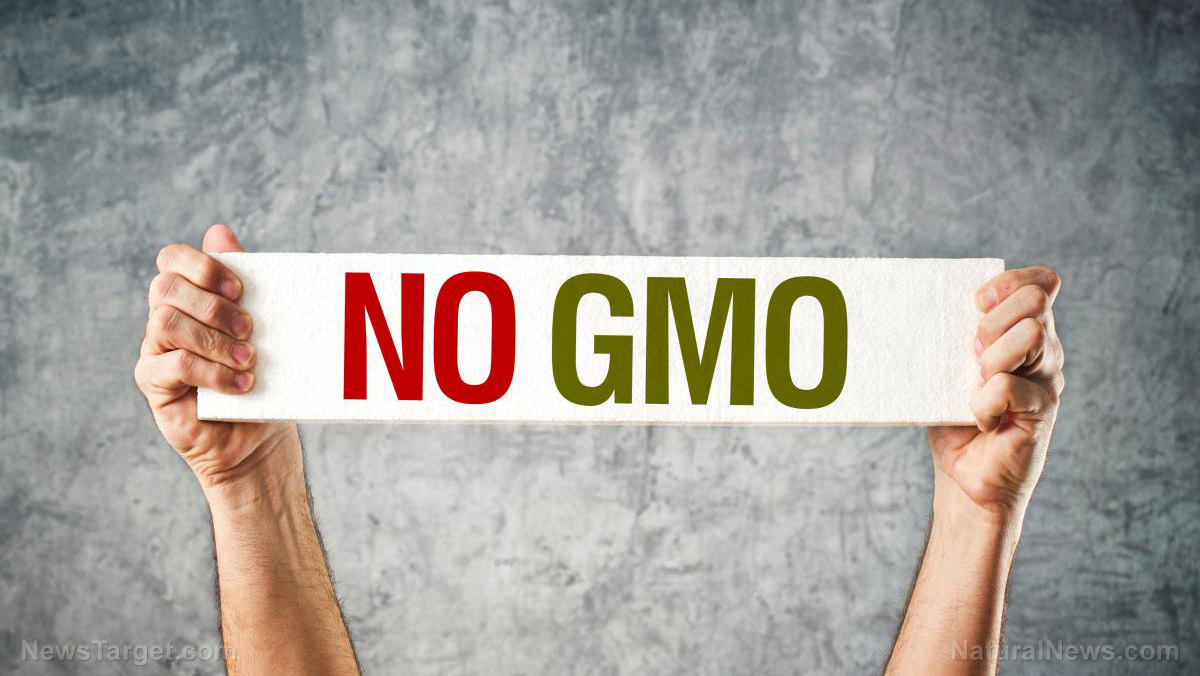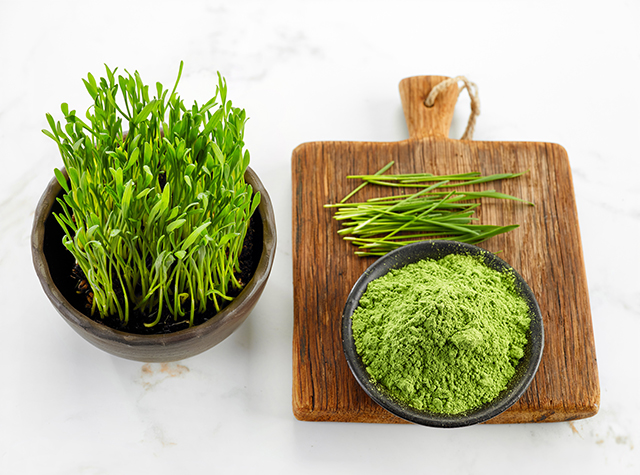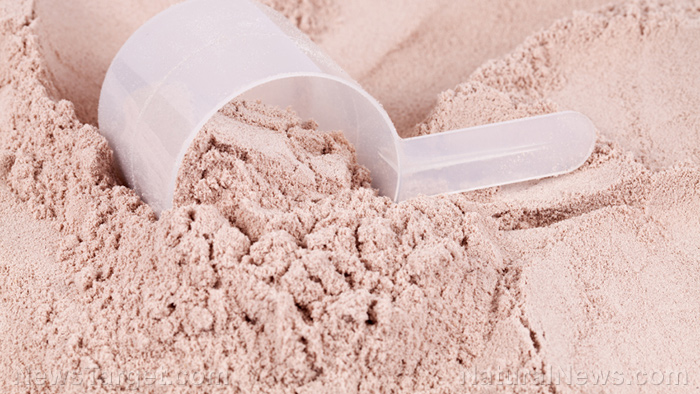Supplement facts: How to read the label on your vitamins
01/31/2018 / By Zoey Sky

The Food and Drug Administration (FDA) regulates the information included on dietary supplement labels, starting from font size all the way to the list of ingredients that are included in the list.
If you’ve ever wondered what all the information on vitamin labels mean, check out the detailed explanation for each section below:
- % Daily Value — Daily values refer to “the amount of nutrients that a typical adult should get” based on the Dietary Reference Intakes (DRIs) established by the Food and Nutrition Board of the Institute of Medicine of the National Academy of Sciences. The amounts are regularly updated according to “available scientific literature.” Since information is constantly made available for certain nutrients, there is leeway when it comes to the specific daily values. For example, the daily values for amino acids “have been difficult to establish.” If there is an asterisk on the label, this means that no daily value has been formally established. To learn more, read up on the available scientific literature.
- Amount Per Serving — Common units of measurement on supplement labels include milligrams (mg), micrograms (mcg), and International Units (IU). While the first two are units of mass, IU is a unit of measurement reserved for biologically active substances such as vitamins. IU will often vary depending on the substance.
- Disclaimer — Supplement labels often include this phrase: “This statement has not been evaluated by the FDA. This product is not intended to diagnose, treat, cure, or prevent any disease.” The Dietary Supplement Health and Education Act of 1994 (DSHEA) has mandated that any product which claims that it can change “the structure of function of the body” must contain this disclaimer. It helps consumers tell the difference between supplements from drugs since the FDA strictly regulates the latter.
- Ingredients — These are listed in descending order according to weight.
- Patents — Sometimes, supplements come with patented formulations. There are also those that make claims protected by patents.
- Serving Size — This section refers to the amount an individual is supposed to take. Keep in mind that this is often based on the suggestion of the supplement company since “there are no established daily values” for the ingredients found in supplements. However, without human clinical data for the product or active ingredient, the serving size included on the label is an approximation. Hypothetically, each ingredient used in the supplement “have all been tested for safety in toxicity studies” in vivo.
- Supplement Facts — Although the FDA regulates both conventional foods (“Nutrition Facts”) and dietary supplements (“Supplement Facts”) and both categories come with their own labels, the difference isn’t always obvious. For example, sports supplements like electrolytes might be included in both categories. To discern the difference, check the labeling requirements for both. For supplement labels, the FDA requires the inclusion of ingredients (along with quantities) that have no “established daily value.” Take a look at an electrolyte tablet with magnesium. Even though it is considered a conventional food, one that includes a non-essential amino acid like tyrosine is labeled a supplement. (Related: Can You Trust Your Supplements? 9 Ways to Know for Sure.)
- Storage and Expiration Date — Based on the FDA’s Good Manufacturing Practices (GMPs), supplements do not need to have an expiration date. If they do come with one, the company needs to include supporting data about the stability of the ingredient when it is stored “in various environmental conditions over time.”
Tips for picking herbal supplements
Now that you know how to read supplement labels, here are some tips to help you choose the best herbal supplements:
- Check the label — You need to verify the herb’s scientific name, the plant part used, and the expiration date.
- Read up on the herb used — Before you purchase a supplement, check out the herbs that are best for your condition and which part of the herb is more potent (e.g. root vs. leaf).
- Do not buy bargain brands — Since bargain brands are sold in drug and discount stores, you can’t trust the provided 100 percent. The FDA doesn’t regulate herbal medicine, so always buy from credible brands.
You can read more articles about Chinese herbs and other natural cures at Healing.news.
Sources include:
Tagged Under: dietary supplements, FDA, Food and Drug Administration, guides, how-to, labels, nutritional supplements, supplement labels, supplements, vitamins
RECENT NEWS & ARTICLES
COPYRIGHT © 2017 FOOD SCIENCE NEWS


